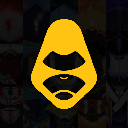-
 bitcoin
bitcoin $109667.069529 USD
-3.03% -
 ethereum
ethereum $3936.685804 USD
-4.07% -
 tether
tether $1.000493 USD
0.01% -
 xrp
xrp $2.771823 USD
-4.74% -
 bnb
bnb $957.805027 USD
-5.34% -
 solana
solana $196.735100 USD
-6.68% -
 usd-coin
usd-coin $0.999727 USD
-0.01% -
 dogecoin
dogecoin $0.227355 USD
-5.12% -
 tron
tron $0.335205 USD
-0.81% -
 cardano
cardano $0.779256 USD
-3.59% -
 ethena-usde
ethena-usde $0.999900 USD
-0.06% -
 hyperliquid
hyperliquid $42.492095 USD
-6.61% -
 chainlink
chainlink $20.501853 USD
-4.34% -
 avalanche
avalanche $28.952606 USD
-11.21% -
 stellar
stellar $0.356038 USD
-3.93%
how blockchain will redefine the world
Blockchain's decentralized, secure, and transparent nature makes it a promising technology for revolutionizing industries by enhancing trust, efficiency, and accountability
Oct 13, 2024 at 06:00 pm
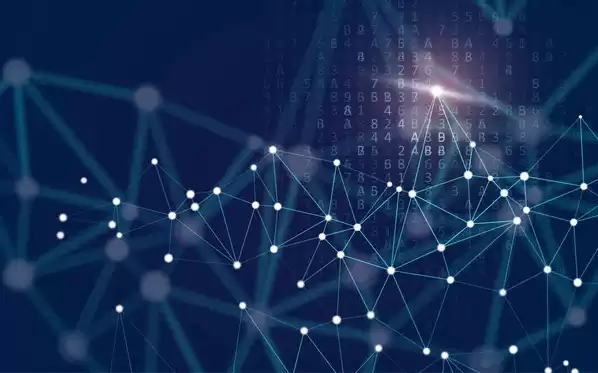
Blockchain technology is a decentralized, distributed ledger that is used to record transactions across many computers. It is secure, transparent, and tamper-proof, making it ideal for a wide range of applications.
How Blockchain WorksA blockchain is a chain of blocks, each of which contains a timestamp, a transaction record, and a cryptographic hash of the previous block. When a new transaction is added to the blockchain, it is broadcast to all of the nodes in the network. The nodes then verify the transaction and add it to their own copy of the blockchain.
The blockchain is constantly growing as new blocks are added. This makes it very difficult to tamper with, as any changes to the blockchain would have to be made to all of the copies of the blockchain in the network.
Applications of BlockchainBlockchain technology has a wide range of potential applications, including:
- Cryptocurrency: Blockchain is the underlying technology behind Bitcoin and other cryptocurrencies. It allows for the secure and transparent transfer of digital assets.
- Supply chain management: Blockchain can be used to track the movement of goods from their origin to their destination. This can help to improve transparency and efficiency in the supply chain.
- Healthcare: Blockchain can be used to store and share medical records. This can help to improve patient care and reduce fraud.
- Voting: Blockchain can be used to create secure and transparent voting systems. This can help to increase voter turnout and reduce the risk of voter fraud.
Blockchain technology offers a number of benefits, including:
- Decentralization: Blockchain is not controlled by any central authority. This makes it resistant to censorship and fraud.
- Transparency: Blockchain transactions are public and can be viewed by anyone. This helps to create trust and accountability.
- Security: Blockchain is very secure. It is difficult to tamper with the blockchain because any changes would have to be made to all of the copies of the blockchain in the network.
Blockchain technology is still relatively new, and there are a number of challenges that need to be addressed before it can be widely adopted. These challenges include:
- Scalability: Blockchains can be slow and expensive to use. This can be a problem for applications that require high throughput.
- Interoperability: There are a number of different blockchain platforms, and they are not all interoperable. This can make it difficult to develop applications that use multiple blockchains.
- Regulation: Blockchain technology is still unregulated in many jurisdictions. This can create uncertainty for businesses that want to use blockchain.
Blockchain technology has the potential to revolutionize a wide range of industries. It is a secure, transparent, and tamper-proof technology that can help to improve trust, efficiency, and accountability. However, there are still a number of challenges that need to be addressed before blockchain can be widely adopted.
Disclaimer:info@kdj.com
The information provided is not trading advice. kdj.com does not assume any responsibility for any investments made based on the information provided in this article. Cryptocurrencies are highly volatile and it is highly recommended that you invest with caution after thorough research!
If you believe that the content used on this website infringes your copyright, please contact us immediately (info@kdj.com) and we will delete it promptly.
- Pi Network, Price Forecast, and the Meme Market: A New York Minute
- 2025-09-26 10:25:14
- Google, AI, and Bitcoin Mining: A New Era of Convergence
- 2025-09-26 10:25:14
- Coin Value Challenge: Navigating the Shifting Sands of Crypto and Tradition
- 2025-09-26 08:25:13
- XRP, Cardano, and Opportunity: Navigating the Crypto Landscape in 2025
- 2025-09-26 08:25:13
- Pepe, Price Prediction, and Returns: Is the Meme Magic Fading?
- 2025-09-26 08:45:14
- BlackRock, Bitcoin ETFs, and Yields: A New York Minute on Crypto Finance
- 2025-09-26 09:05:12
Related knowledge
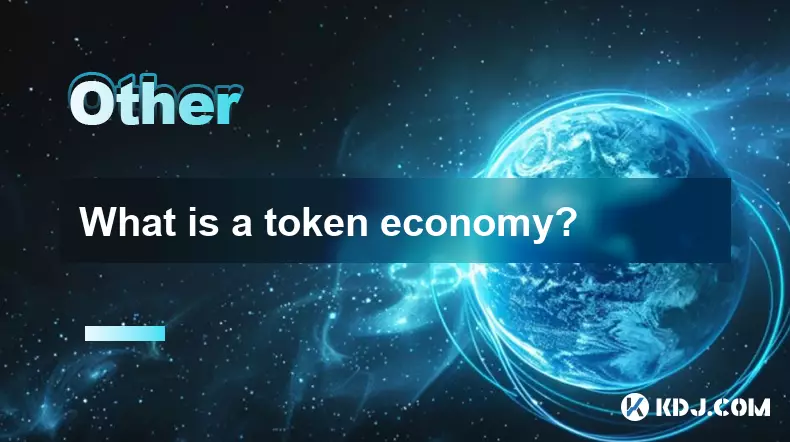
What is a token economy?
Sep 20,2025 at 12:18am
Understanding the Foundations of a Token Economy1. A token economy in the context of cryptocurrency refers to a system where digital tokens are used a...
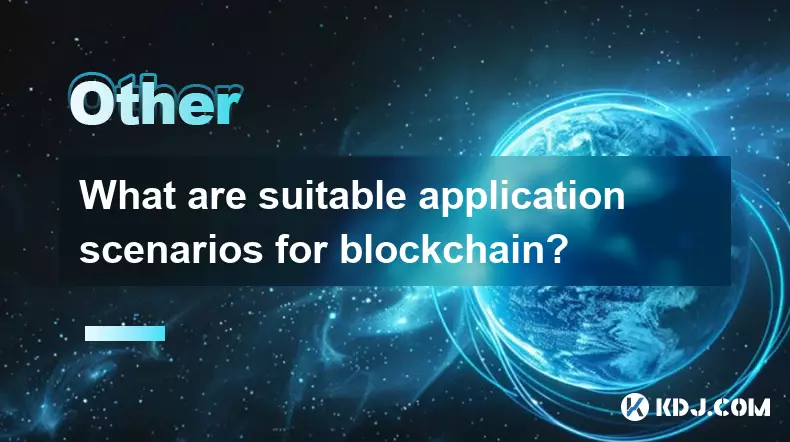
What are suitable application scenarios for blockchain?
Sep 20,2025 at 03:19am
Decentralized Finance (DeFi) Platforms1. Blockchain enables the creation of financial services without centralized intermediaries, allowing users to l...
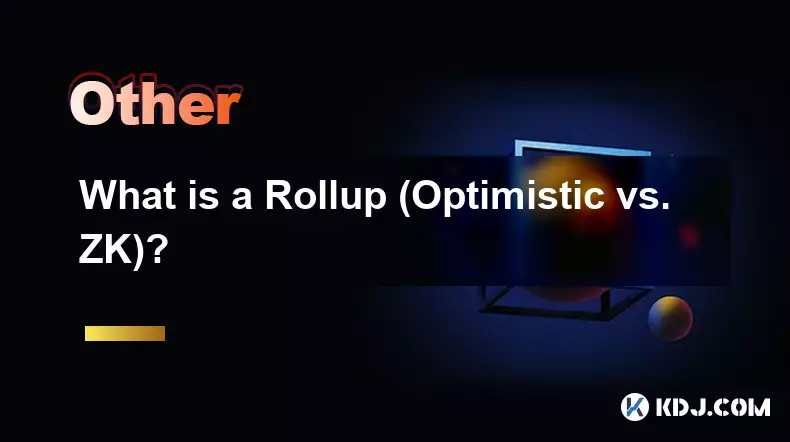
What is a Rollup (Optimistic vs. ZK)?
Sep 22,2025 at 03:00pm
Understanding Rollups in Blockchain Technology1. Rollups are layer-2 scaling solutions designed to increase transaction throughput on blockchains like...
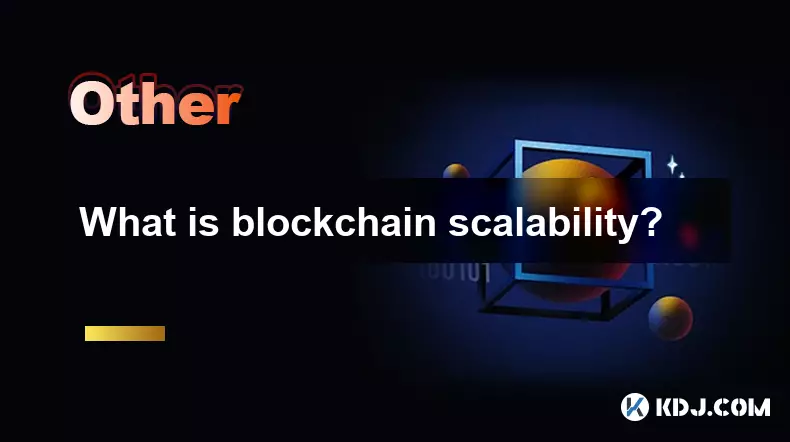
What is blockchain scalability?
Sep 19,2025 at 06:18am
Understanding Blockchain Scalability1. Blockchain scalability refers to a network's ability to handle an increasing number of transactions without com...
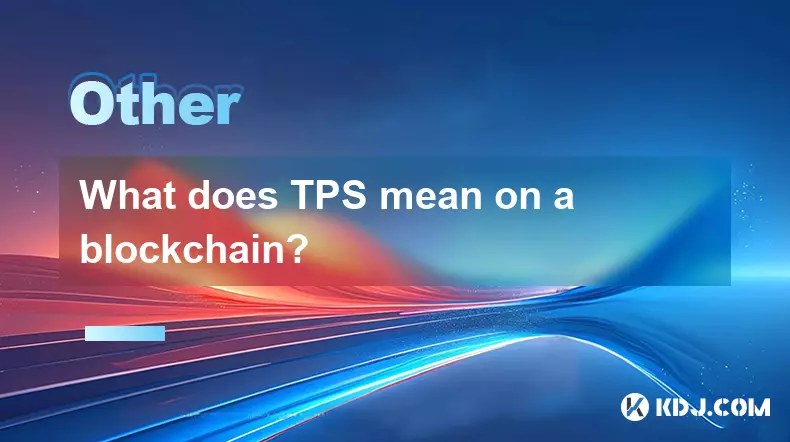
What does TPS mean on a blockchain?
Sep 21,2025 at 09:54am
Understanding TPS in Blockchain Technology1. TPS stands for Transactions Per Second, a metric used to measure the number of transactions a blockchain ...
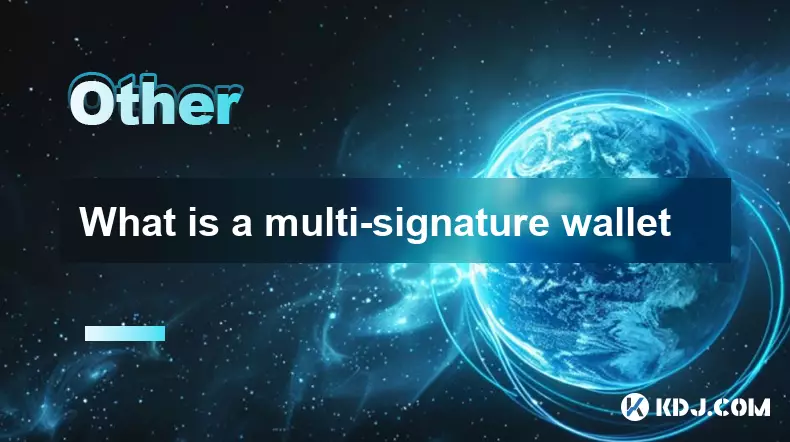
What is a multi-signature wallet
Sep 20,2025 at 07:00am
Understanding Multi-Signature Wallets in Cryptocurrency1. A multi-signature wallet, often referred to as a multisig wallet, is a type of cryptocurrenc...

What is a token economy?
Sep 20,2025 at 12:18am
Understanding the Foundations of a Token Economy1. A token economy in the context of cryptocurrency refers to a system where digital tokens are used a...

What are suitable application scenarios for blockchain?
Sep 20,2025 at 03:19am
Decentralized Finance (DeFi) Platforms1. Blockchain enables the creation of financial services without centralized intermediaries, allowing users to l...

What is a Rollup (Optimistic vs. ZK)?
Sep 22,2025 at 03:00pm
Understanding Rollups in Blockchain Technology1. Rollups are layer-2 scaling solutions designed to increase transaction throughput on blockchains like...

What is blockchain scalability?
Sep 19,2025 at 06:18am
Understanding Blockchain Scalability1. Blockchain scalability refers to a network's ability to handle an increasing number of transactions without com...

What does TPS mean on a blockchain?
Sep 21,2025 at 09:54am
Understanding TPS in Blockchain Technology1. TPS stands for Transactions Per Second, a metric used to measure the number of transactions a blockchain ...

What is a multi-signature wallet
Sep 20,2025 at 07:00am
Understanding Multi-Signature Wallets in Cryptocurrency1. A multi-signature wallet, often referred to as a multisig wallet, is a type of cryptocurrenc...
See all articles






































































